Blog
SPARC Insight
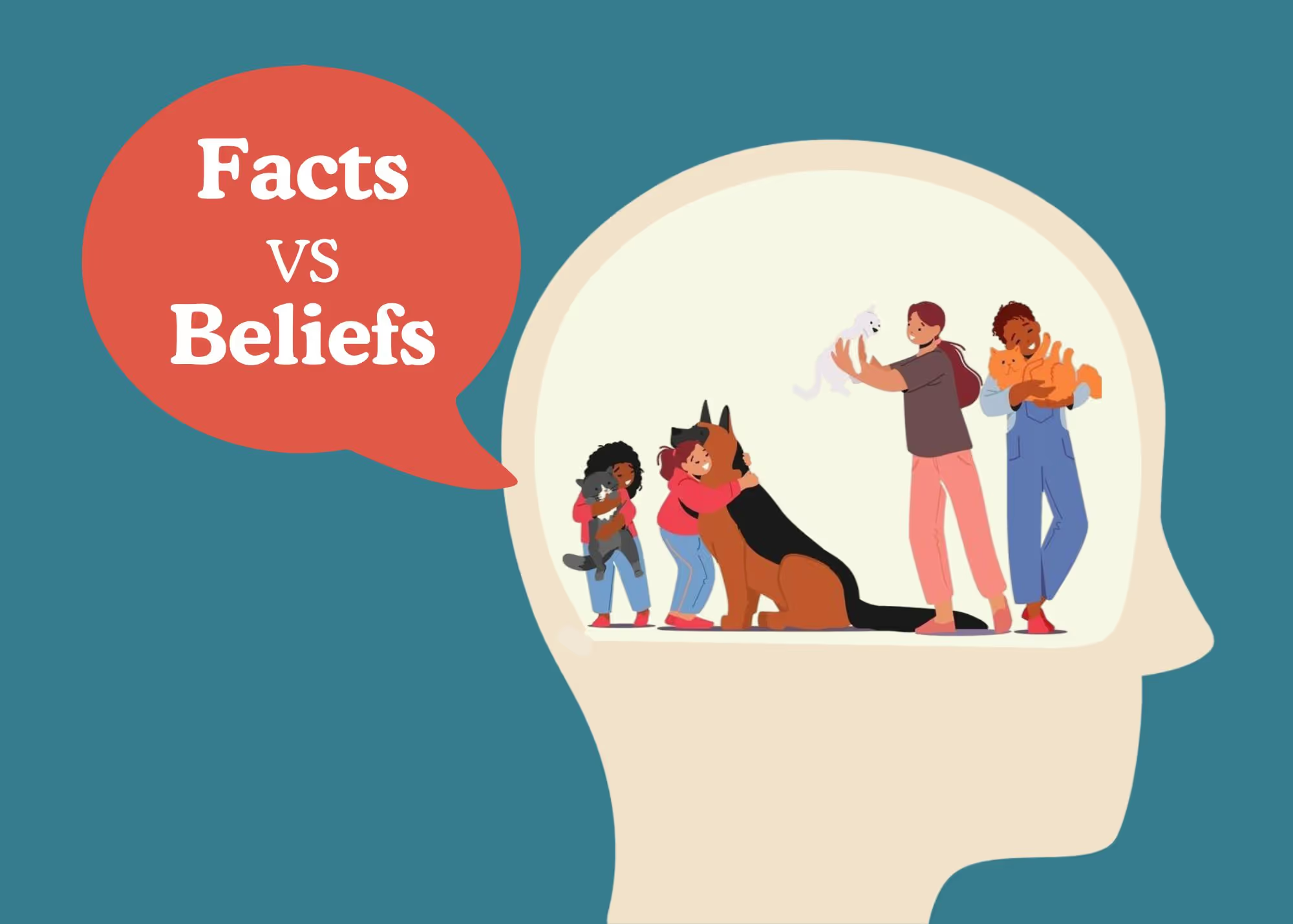
Why We Stereotype—and Why It Matters for People and Pets
Stereotypes are fast mental shortcuts our brains use to make sense of the world, but when left unchecked, they can lead to unfair assumptions and flawed decisions about people and their pets. (1 of 5)
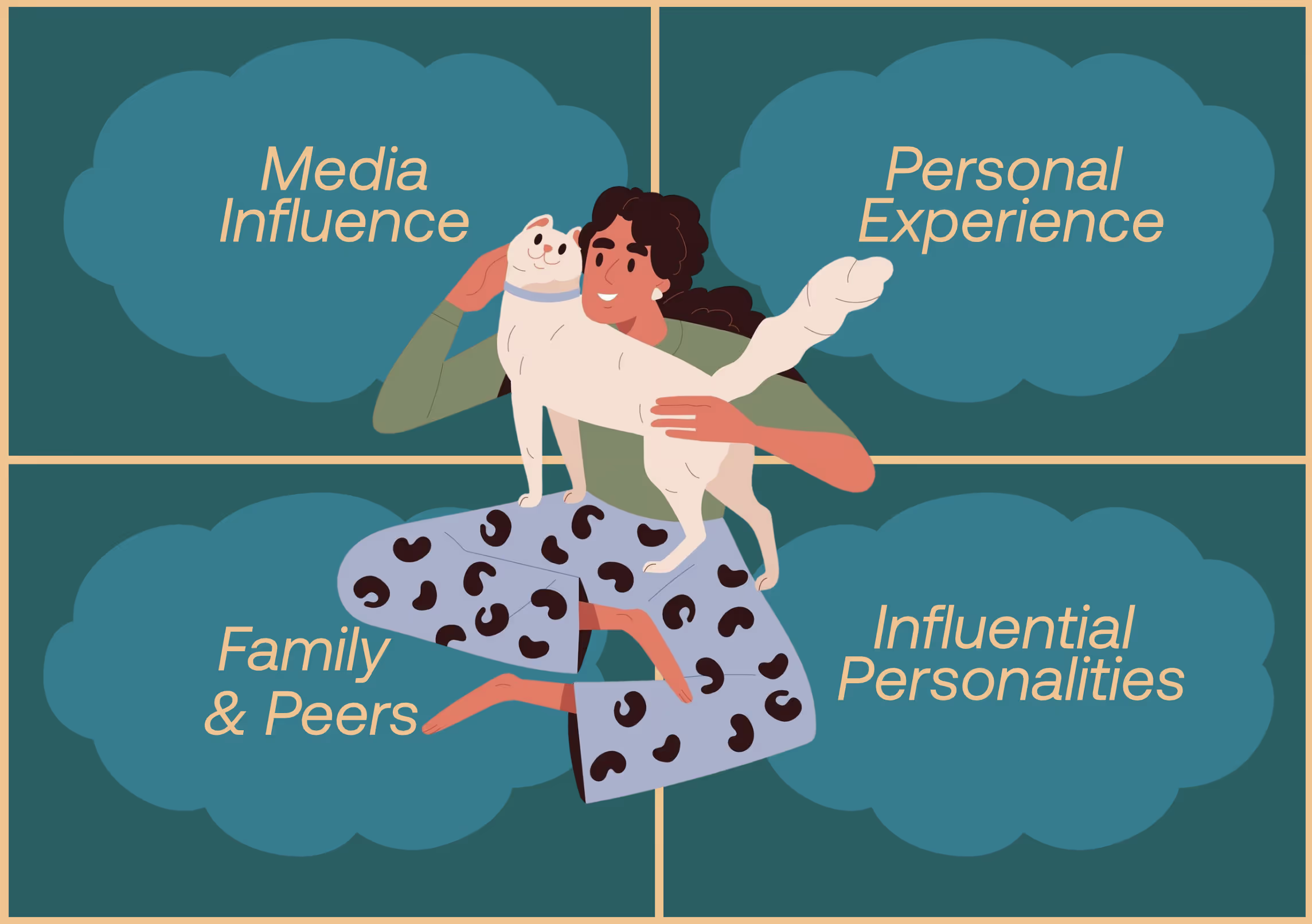
How Messaging Builds Stereotypes About People and Pets
Stereotypes are shaped and reinforced through everyday messages, media, peers, and trusted voices—and unless we actively replace them with more accurate and inclusive stories, they will continue to distort how we treat people, pets, and entire communities. (2 of 5)
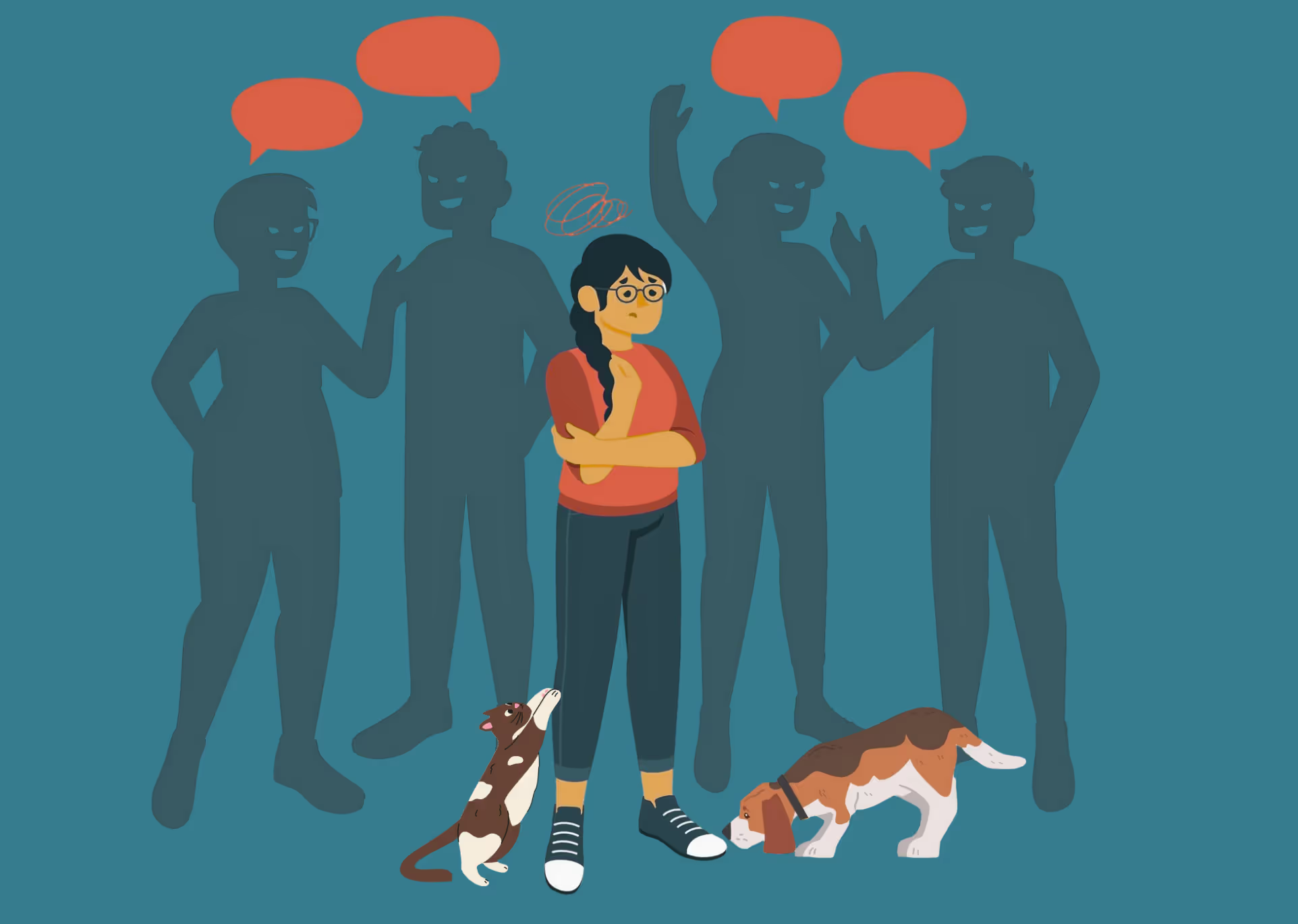
The Real Harm of Stereotypes in Animal Work
Stereotypes don’t just misrepresent people—they harm relationships and make it harder for us to support pet families with dignity, trust, and compassion. (3 of 5)
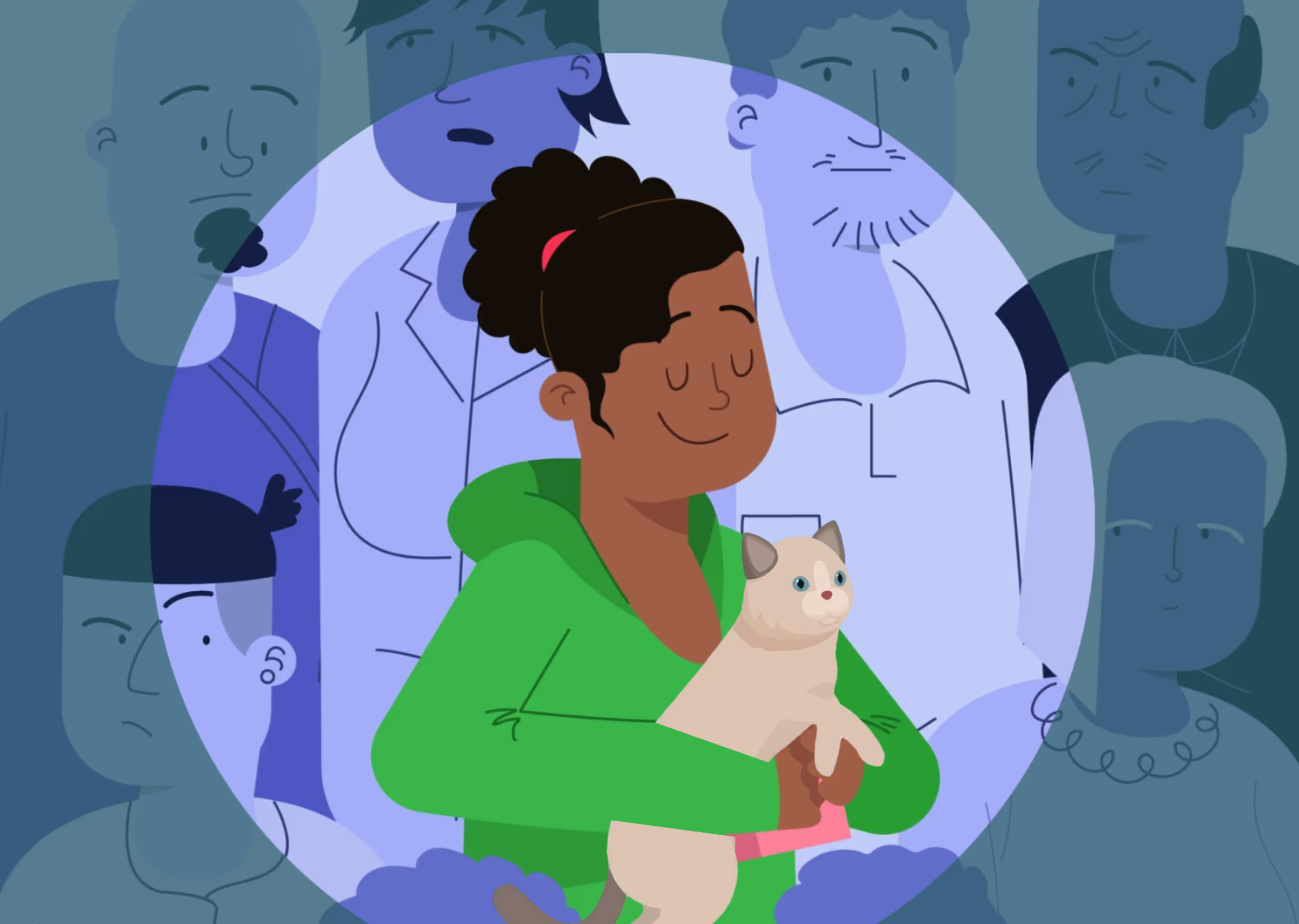
More Than a Stereotype - The Bigger Picture of People and Pets
Move beyond harmful stereotypes by sharing fuller, fairer stories that reflect people’s strengths, relationships, and realities. Messaging should build understanding, not assumptions. (4 of 5)
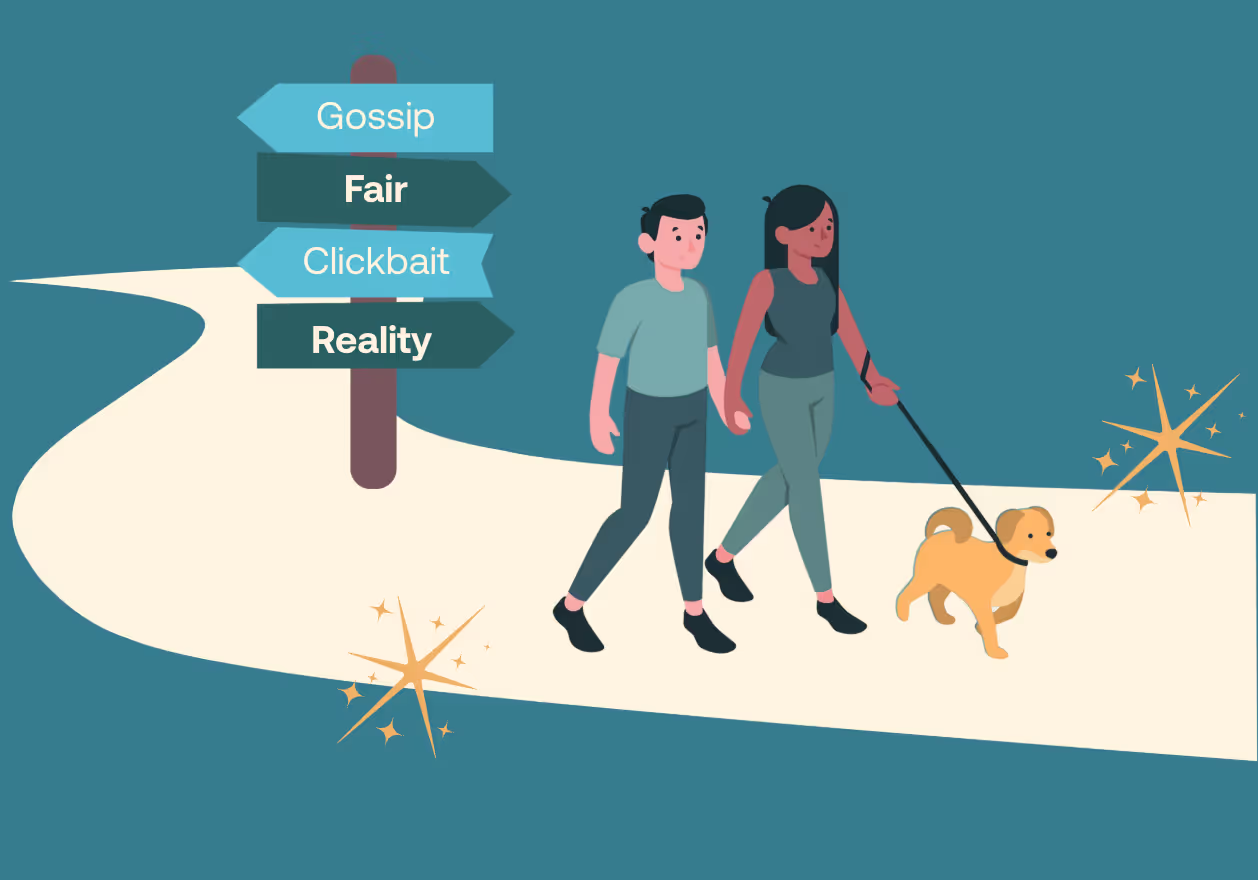
Moving Beyond Stereotypes - Seeing People and Pets Clearly
To treat people and companion animals with fairness and respect, we must challenge harmful stereotypes by using thoughtful images, sharing individual stories, and relying on accurate, evidence-based information. (5 of 5)
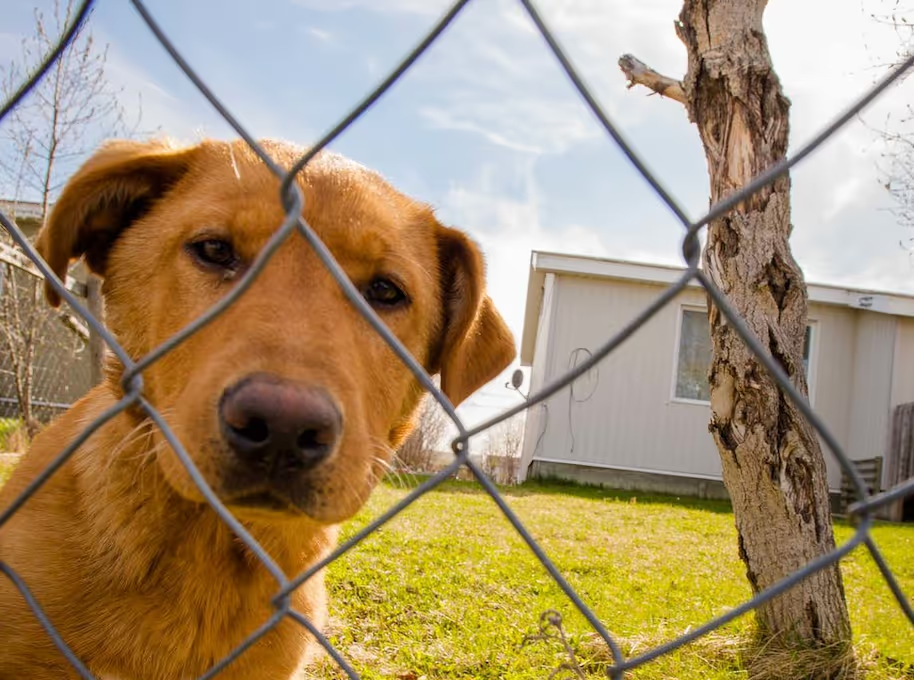
Why 'They Dumped the Dog' Isn’t Helping — And What to Say Instead
Villainizing people keeps us in a cycle of problems instead of pulling us out of it. The narrative around villains needs to change and here are three things we can do to drop it.

How to Talk About Pets, People, and Hurricane Helene
Our stories and messages lay the groundwork for how we support people, animals, and communities during disasters. Here are four essential tips for talking about animals and people now.
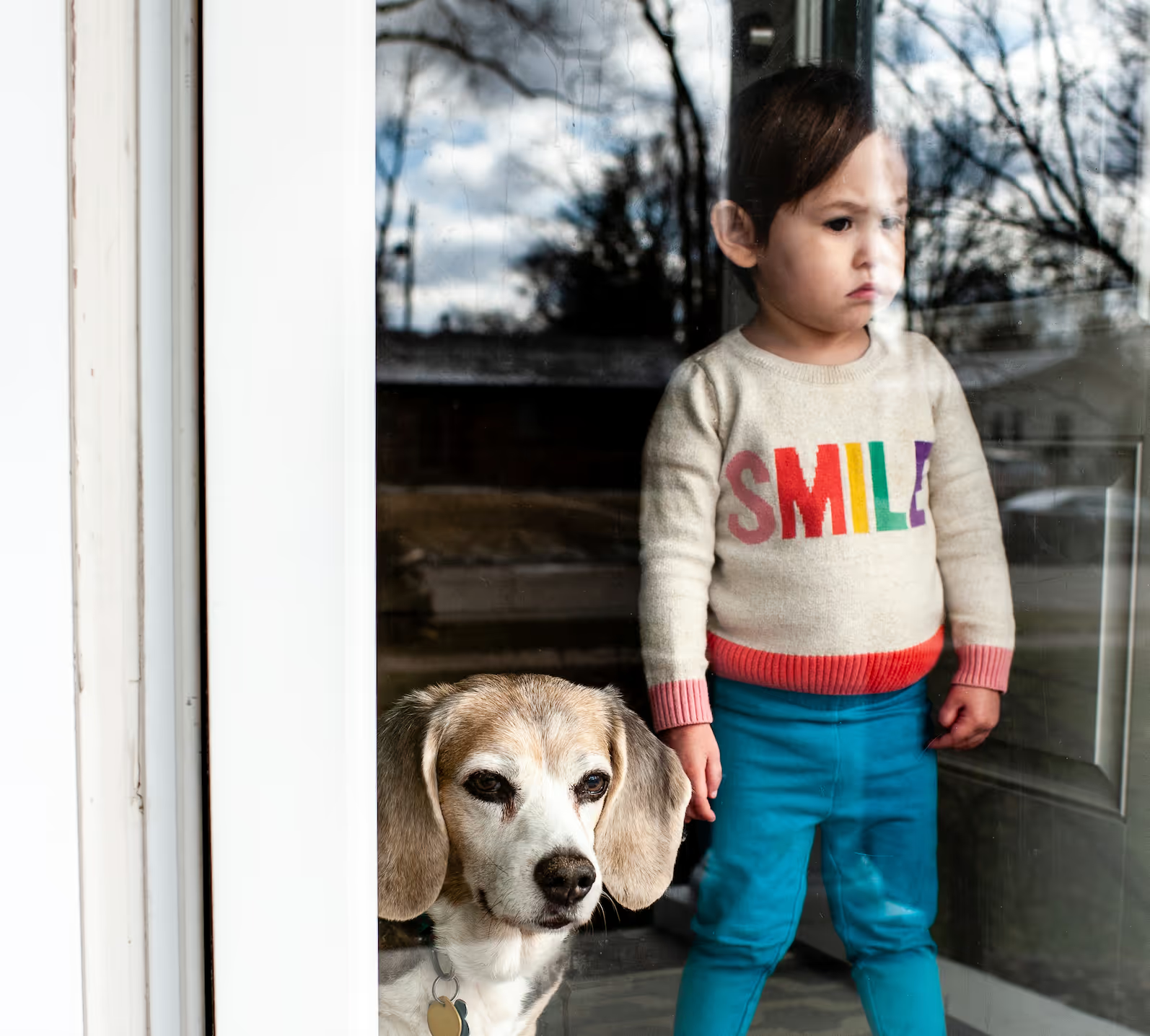
What to say about pets, people, and housing insecurity
Housing insecurity always show up in our work with pets and people, but stories and messages aren’t telling the real story of this problem. Mainstream narratives are harmful - this is how we can do better.
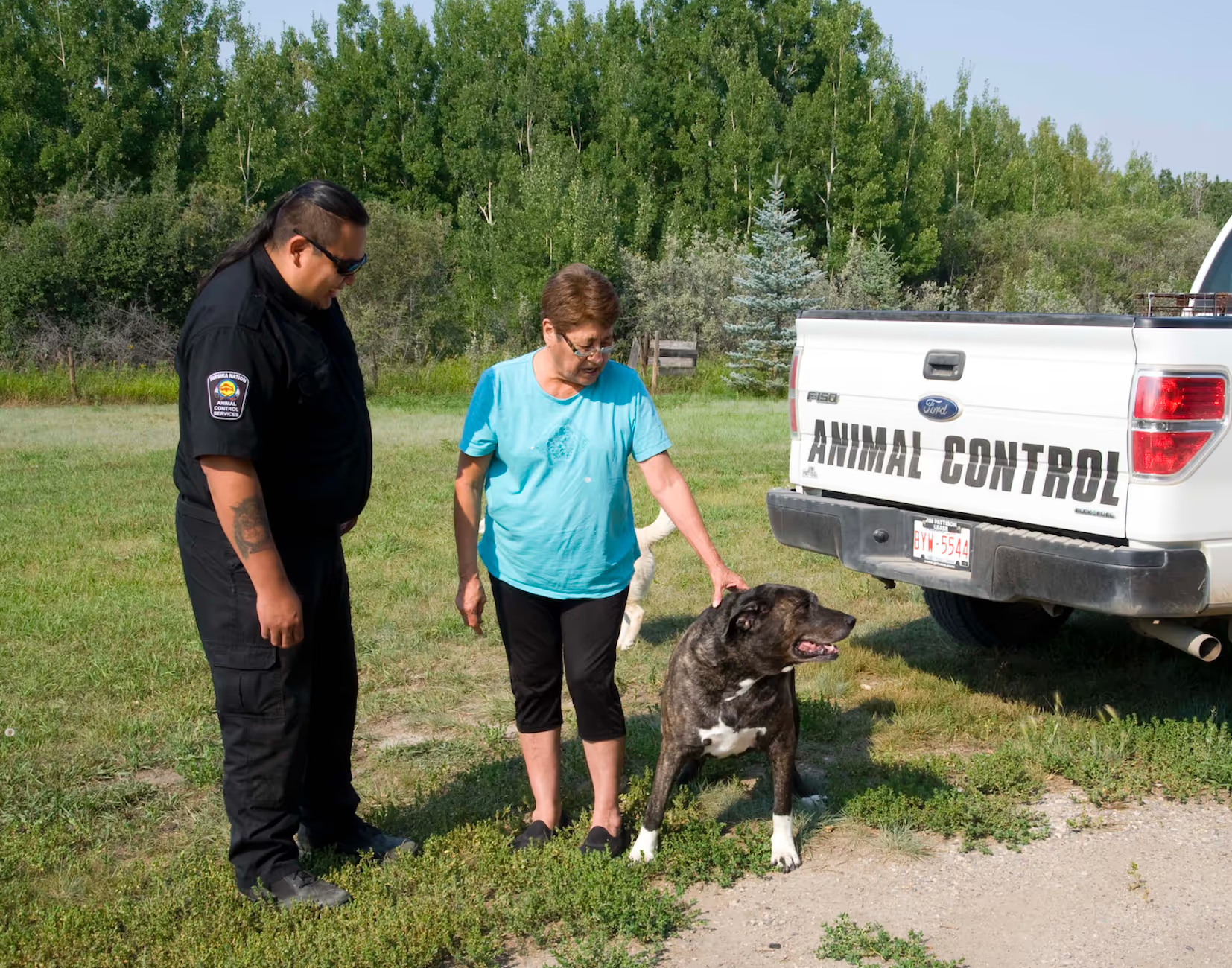
Who has time to listen, really?
It's easy to worry that Empathic Listening will squander your limited time. It does take time, but not more time. Listen to use your precious minutes more effectively.
